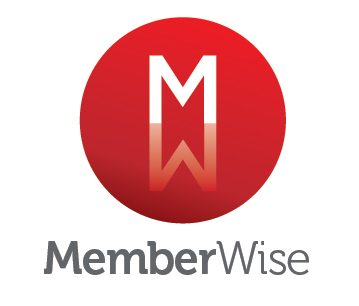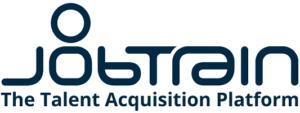Running a small association can be a challenging experience. You need to be an expert on your product/service, on finance, on management and leadership, on networking etc.
Against that backdrop, having to manage recruitment is often viewed as a necessary evil – it needs to be done; it provides the lifeblood of your company – but no-one actually likes having to find candidates and manage the process.
Define what you’re looking for in your candidates
I know it sounds obvious, but it really is important to write down what you see this person doing! What is the problem that you have and why do you need to hire someone?
The temptation is to think “I’ll know it when I see it”, but you won’t attract the right people to sit in front of you if you don’t frame the job correctly in the first instance.
What’s important here is to allow your own passion, your own culture to frame the description of the job you want to fill.
You probably noticed there that I deliberately avoided using the term ‘job description’ as that has connotations of turgid, dry and overly factual detail. What many job descriptions fail to do is to provide context.
Where do I find candidates?
Speaking with many small organisations, I am always surprised at just how much they are prepared to spend on advertising and on agencies.
In the research we conducted, we found that a typical spend of £80,000 per annum was the norm (split between agency fees and recruitment advertising). See here for how you can spend lees but get more.
Now, for some specialist roles that can be hard to fill, there is no doubt a place for agencies. However, they should not be a first resort for many positions.
But, I hear you ask, even if I do advertise, I don’t get any applications! Or, alternatively, some organisations don’t like to advertise themselves because they receive too many applications!
Where do I advertise my jobs?
In the UK there are a number of job boards that dominate the marketplace – Indeed, reed.co.uk, Totaljobs, and CV Library are 4 of the largest ‘generic’ job boards. There are many hundreds (possibly thousands) of others but unless you are looking at niche or very sector specific roles then these three probably serve most purposes.
The big difference between Indeed and the other 3 large players is that Indeed is what is known as an aggregator. What that means is that it uses technology to ‘scrape’ jobs from across the internet and re-post them on its own website.
Indeed do offer the ability to post jobs directly to their site as well and this can be done free of charge. I think what most associations fall foul of is that the Indeed machine then calls and persuades you that you need to pay for advertising with them, otherwise your role will disappear from the front page within seconds and won’t easily be found by job seekers.
To be honest, I remain unconvinced.
Top tips for interviewing
There is no right or wrong answer to the first bit of interviewing – do you screen people over the phone? Do you interview via Zoom or Teams? Do you conduct face-to-face interviews? There is merit in each and you need to decide which is right for you.
Telescreening candidates can save a lot of wasted time if you have a clear requirement and you feel you can fairly assess people in a 5 – 10 minute conversation. This may involve asking them some questions about their experience? Or about their understanding of your organisation and the role they have applied for? Or what their ambitions are?
What you should never do is spring a call on a candidate without notice! This could not only compromise the candidate (they could be at work, or with a work colleague and unable to speak freely). They also need to arrange to be in a quiet setting, a phone fully charged and time to remind themselves of the job advert and why they applied.
At the start of this article, I shared the costs that small associations were incurring in their recruitment activity (£80,000 per annum). That excludes the admin costs of managing all the queries, the interview arrangements, the offers and the rejections etc.
Improving productivity is a goal that all sectors are striving to achieve and selecting the right applicant tracking system can remove a huge time burden whilst delivering the tools to help you manage recruitment for yourself.
And if you’ve made it this far – you’ll know where we think you should start. Download our full, free recruitment guide here!
Jobtrain is an applicant tracking system and recruitment software provider. Contact us to discuss how we can help you.










Leave A Comment